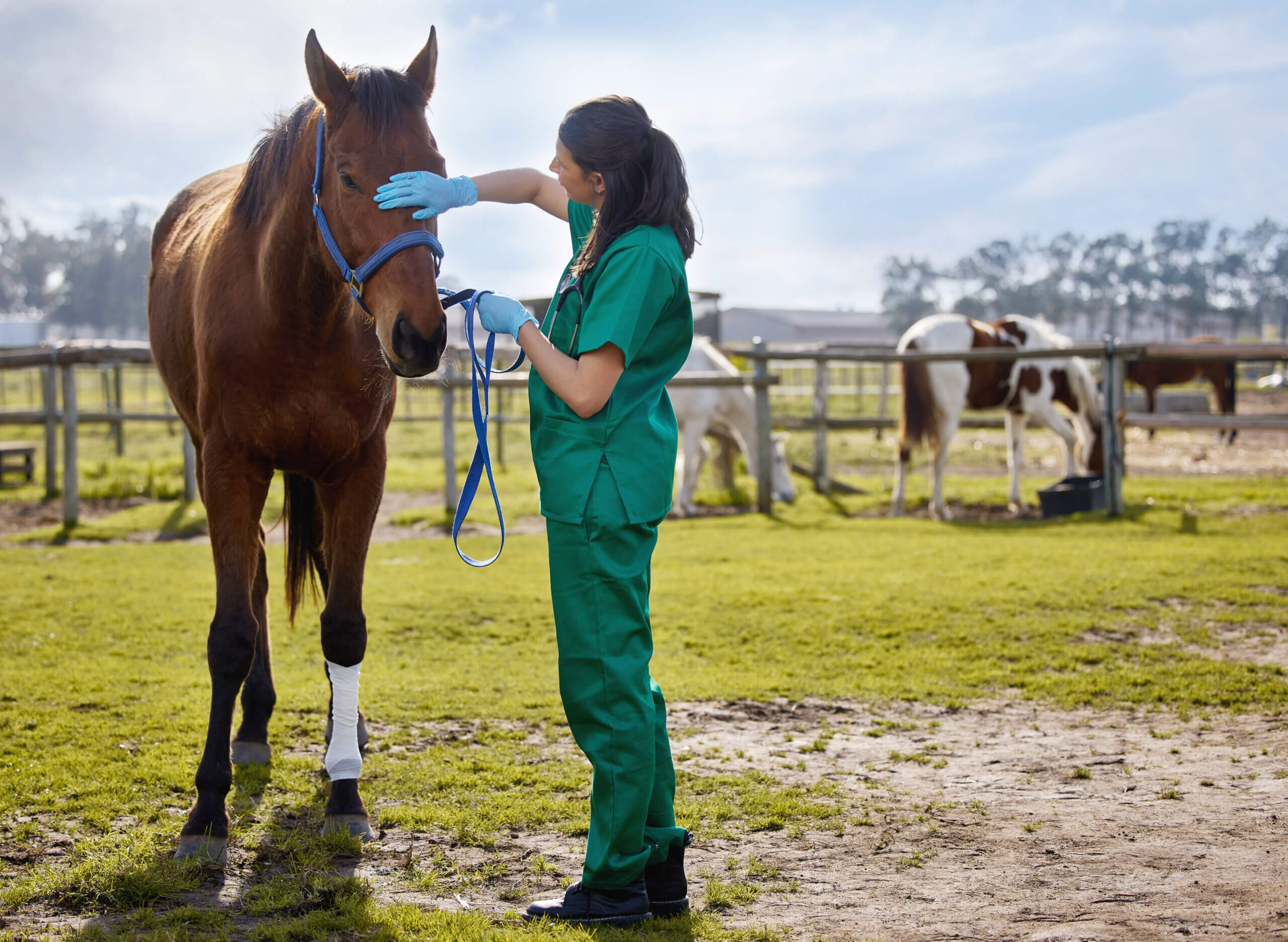If you are interested in opening a veterinary practice in Texas, you must ensure that you comply with all legal requirements. Fortunately, an experienced veterinary attorney can ensure that your new practice is legally compliant and poised for success. When you hire a veterinary practice attorney, he or she will work with you to complete all necessary paperwork, filings, and agreements. In this article, we discuss some of the legal essentials you must know to start a veterinary practice in Texas.
Choose a Legal Structure
Before doing anything else, you should register a legal business entity. Choosing the right entity will ensure that you and your property remain legally separate from your practice. This is important because it ensures that you won’t be personally liable for judgments against your practice. To register your practice, you must comply with all local and federal requirements, which is yet another reason to work with an experienced attorney when getting your new practice off the ground.
Register for Taxes
Before opening your veterinary practice for business, you must register for a variety of state and federal taxes. First, you must apply for an Employer Identification Number. This can be accomplished for free through the IRS website. Next, you must account for small business taxes. Depending on the business structure you decide on, you will have different taxation options.
Establish Business Accounts
Next, you should establish dedicated credit and banking accounts for your business. There are several reasons for this. First, this will protect your personal assets. Second, when you have good business credit, you can obtain financing in the name of your business. Finally, separating your personal assets from your business assets makes tax filing and accounting much easier.
Establish an Accounting Process
Regarding taxes and finances, it’s important that you establish a solid accounting process for your business. Recording your income sources and business expenses is crucial to understanding your practice’s financial performance. There are several useful software accounting tools available for small businesses. In addition, it’s advisable to consult with an experienced accountant or bookkeeper to ensure that your practice’s finances are in order.
Obtain the Proper Permits
When starting a new business of any kind, you must obtain the necessary licenses and permits in your area. For a veterinary practice, these will likely include the following:
- Local and state veterinary board certification
- Sales tax on services or goods
- Occupational Safety and Health Administration requirements
- Certificate of Occupancy
Contact Our Experienced Texas Veterinary Attorneys
If you are seeking to start a veterinary practice in Texas, Mahan Law is here to help. At Mahan Law, our experienced veterinary professionals know what it takes to successfully get a veterinary practice off the ground. Therefore, when you come to us for help, we will ensure the legal validity of all steps necessary to launch your practice. Please contact us as soon as possible to arrange an initial meeting with one of our experienced veterinary lawyers.

